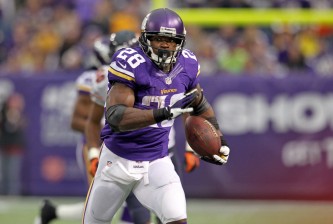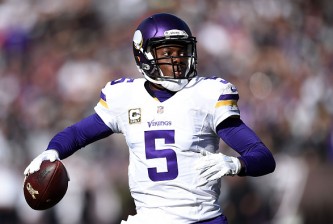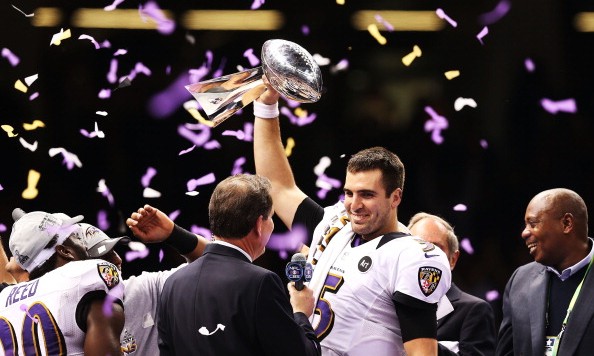When you are contending for a Super Bowl title in the NFL, you would think it goes without saying that the ideal scenario is to be strong on both sides of the ball with an elite quarterback to lead the way. If you are a top ten unit on both sides with an elite quarterback, you’re obviously a contender. But to build a team that balanced within the confines of the current salary cap rules is very difficult, and very few teams if any ever qualify. So what are the different ways you can build a Super Bowl team? The truth is there are different ways of doing it.
Do you remember the old adage that defense wins championships? Well, that’s not necessarily true anymore. Since 2000, a team that has had a top 5 defense (lowest yards yielded throughout the season) with that unit being the stronger side of the team has made it to the Super Bowl nine times with a 5-4 record overall. Conversely, a team that had a stronger offense that figured in the top 5 (yards gained throughout the season) has made the Super Bowl ten times with a 3-7 record. Neither record is too impressive, but the teams with a stronger defense ranked in the top 5 has been more successful in the big game than a top offense while making it to the Super Bowl one time less since 2000.
More interesting is the fact that since 2000 the teams that statistically have no business being in the Super Bowl based on how they performed over the course of the regular season have been most successful.
Consider the following:
2001 Patriots – 19th on offense, 24th on defense
2003 Patriots – 17th on offense, 7th on defense; Panthers – 16th on offense, 8th on defense
2007 Giants – 16th on offense, 7th on defense
2009 Colts – 9th on offense, 18th on defense
2011 Giants – 8th on offense, 27th on defense
2012 Ravens – 16th on offense, 17th on defense
These teams are a combined 5-2 in Super Bowls. What do they have in common? Their quarterbacks all respectively played out of their minds in the playoffs. Tom Brady, Eli Manning, Peyton Manning, Joe Flacco didn’t cement their place in history based on what they did in the regular season those years, it was what they did in the postseason. Even Jake Delhomme deserves mention as a player that caught fire and propelled his team to an unlikely Super Bowl berth.
Finally you have the balanced teams, those that were in the top 10 in both offense and defense. There’s only been five teams in the Super Bowl since 2000 to make it with top 10 units on both sides and they’ve gone 2-3.
What this tells us is that there’s really no blueprint for getting to the Super Bowl in modern times. You can do it with a unique explosive offense or a uniquely dominant defense. Or, you can do it by being pretty good at both. But you can also make it with a team that’s just “decent” on one side with a white hot quarterback that plays big when in matters most in the playoffs. And in fact, your odds of winning the Super Bowl if you make it are higher based on this data.
This all adds up to the most important thing in making the Super Bowl being quite simple: make the playoffs. Since 2000 it’s clear anything can happen and you can win in many different ways with a different style of play. But having an elite quarterback isn’t nearly as meaningful as a supremely performant quarterback at the right time. Eli Manning, Joe Flacco, Trent Dilfer and Ben Roethlisberger have all proven this by now.























